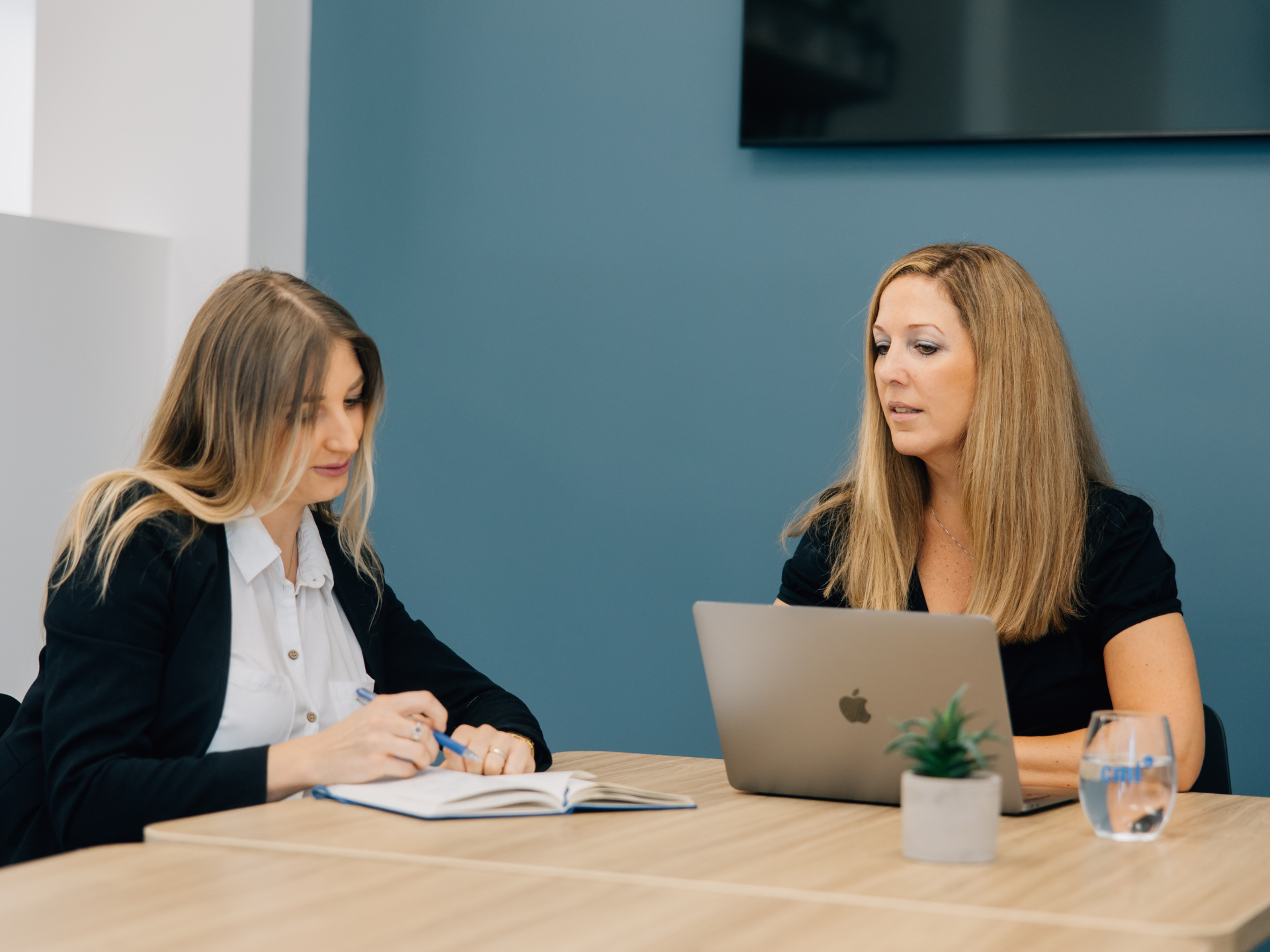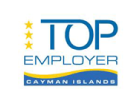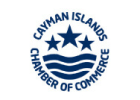Can women “have it all” in Cayman?
by Steve on August 20, 2012
Tenured Princeton Professor Anne Marie Slaughter unleashed a maelstrom of controversy with her recent Atlantic magazine article entitled “Why women still can’t have it all”. Women’s groups reacted angrily but Ms. Slaughter stood by her contention that balancing a successful career and a family was an insurmountable task.
Nancy Lewis, CEO of Walkers Management Services
I wondered if the situation was any different for career women in the Cayman Islands, so I invited Nancy Lewis, CEO of Walkers Management Services and one of the Cayman Islands’ most prominent female executives, to discuss her views on the challenges for women balancing family and professional life.
SM: Anne Marie Slaughter believes that the conflicts between a mother’s family and professional life are insurmountable. I presume you disagree! Tell me how you have been able to prove her wrong.
NL: I disagree. You have to be prepared to make compromises. The most key ingredient is the right partner. I can’t give enough credit to mine. If he didn’t share the load and wasn’t as active in all aspects of the parenting and the household then it wouldn’t work. And that’s where I think we are exceptional, because we have a very strong partnership that respects that each of us has a career and we try to really work with that and make sure that works for the kids. When we first started out here we made the cardinal rule that one or the other of us had to be on the island at all times, and that has meant pushing back on travel sometimes or having to reschedule.
SM: In some respects do you think it is easier to be a working mum in Cayman than it is in other jurisdictions?
NL: Yes, I do. Nowhere else could I work in the job that I do, and get called because there’s something important at school, or all of a sudden my son has to go to the doctor, and run out and be there in five minutes. Let’s face it, if I was still working in New York or London that would just not be possible. The lack of commute and the closeness of everything does make it easier.
SM: I’m not sure how much pressure the Atlantic editor put on AMS to have a sensational title, because the title was the most sensational part of it. The article itself was filled with nuance. It seemed to me that she was almost saying not so much that you can’t do it but that you can’t do it without losing your mind.
NL: I disagree. And I think how is it any different for [husband] John, or you? Do you not have to make compromises? Do you not give up some personal time? I don’t feel that more compromises are asked of me than are asked of my husband. And I think the boys are totally worth it. You know, one day they’re going to be gone, and I’m going to have tons of time to sit with John to read a book!
SM: You must have, at some point, thought about boarding school as an option. Was that an easy one to take off the table or was it a tough decision?
NL: When we moved here we were very much of the mind “It is not my culture and it is not my desire to send them away to boarding school” because I think the window of time that I have them with me is very small as it is. I understand other peoples’ decisions, and again that’s up to them. Does that mean that you have to continually re-assess every year? Is it still working? Does it still make sense for my children? Yes, it does. Right now I’m comfortable with the education they’re getting, the well-rounded approach that they’re getting, and the security of being able to come home if they’ve had a bad day and talk to mum and dad about it. It’s hard enough to get that out of boys without having to do that over the phone or on a face-time call.
SM: When I first started reading the article it sounded as if Anne-Marie Slaughter’s boys were pre-schoolers, but later on she mentions that one of them is 6 ft tall. Do you think Anne-Marie Slaughter needs to have more faith in her children’s ability to be independent?
NL: Well, I think Anne-Marie Slaughter probably needs to work at getting her kids independent if they’re 16. There’s a difference between having visibility and being there so that they can talk to you, and doing everything for them.
My children are actually at hockey camp in Vancouver right now so they’re staying with my sister there. And she said to me “Oh my God, these children are such a pleasure”, she said “I don’t have to ask them to do anything”. I’m really proud of that, obviously they probably wouldn’t be that perfect for me at home, but the point is they know how to clean up after themselves, they can clean the dishes, they can cook.
One of my sisters’ sons just started University and he called my sister and said “Mom, half the guys here don’t know how to do a wash, they’ve never made their own bed, they have no concept of how to cook” and I think, how have their parents prepared those kids to go out into life? I like to think I am giving my boys good exposure so that when they go out and get married they’re going to be a true partner to their wives and ensure that they’re both in it as a team, not with pre-defined roles.
SM: Do you see many parallels between management and parenting?
NL: Absolutely. I have always said that, in my opinion, being a good manager has a lot to do with being a good parent. And the easiest parallel I think is that anytime you are dealing with people, whether it’s your children or whether it’s staff, I think you have to approach it that at the core they all want to do well. And your job is to enable them to do well. If you have to steer them and correct them on a path, you have to do it in such a way that you do not destroy their self esteem. And I think that’s what every parent always tries to do, so why is that any different in a working environment?
And when somebody isn’t working out, the primary goal is to get them to understand that themselves. That perhaps this role, this position is not suited for them, not that they are a failure. And I think the patience and the ability to listen and hopefully to not be judgmental as people are telling you their issues or their problems. The same as when your two year old comes up to you and is having a fit because his little toy has broken, it’s the same type of thing that even if that member of staff if coming to you with something you think is incredibly trivial, that you give them the respect and time of day to listen to them because that is important to them.
SM: Would you consider yourself a feminist or is the term passé? It strikes me as being passé just because the idea of women’s equality just seems to me such a settled issue. Am I naïve?
NL: It’s interesting, because from my perspective, I wouldn’t consider myself a feminist, I’ve just always expected to stand on my own credentials and whether I’m female or male is irrelevant. And to be fair, maybe because that’s always been my approach, I have never hit a female barrier where I have felt that being a woman has been a disadvantage for me. I’m obviously a pretty strong personality, so I speak my mind and if somebody was acting inappropriately, I would point that out, but I have never hit that. But I wonder if I am slightly naïve that it’s still out there.
SM: Do you think your attitude towards feminism, and the fact that you’ve never really seen gender as an advantage or disadvantage, do you think that mentality is an advantage in itself because if someone treated you a certain way, you wouldn’t say “It’s because I’m a woman”, you found another way to deal with it?
NL: I think not looking for reasons to fail but instead looking for ways to achieve is always an advantage in life. It’s one of the things I really try to instill in my kids is very much ‘the cup half full’, you know, always be taking that creativity, always be looking at how you approach things. People prefer to be around positive people.
SM: Anne-Marie Slaughter’s closing point was that employers need to do more to allow women to succeed in balancing family and work-life. Do you think there’s anything that employers could do specifically in the Cayman Islands or beyond that would achieve that?
NL: At the senior levels, no, I should be working just as hard and doing everything I do whether I was male or female. Whether I have kids or don’t have kids. But at the level of day-to-day work, we should facilitate that because it’s in everybody’s best interest.
Now, that said, there are easy things, obviously, that should be accommodated. If a professional woman has a baby and wants to come back, should they be given private place so they can express so they can continue nursing? Yes. I mean those kind of things obviously should be accommodated.
If you’re not looking at the senior executive level, or senior management level, I don’t see why we can’t enable job-sharing here. But it’s very difficult with the work permit situation. I had a lot of highly qualified women working for me in North America, who after they had kids, wanted to job-share. It was no more costly to the employer. It helped them maintain their skills. They were happy, productive employees. They felt like they had the perfect balance. So I would love to see us be able to do that here.
SHARE THIS ARTICLE
Recent Articles









